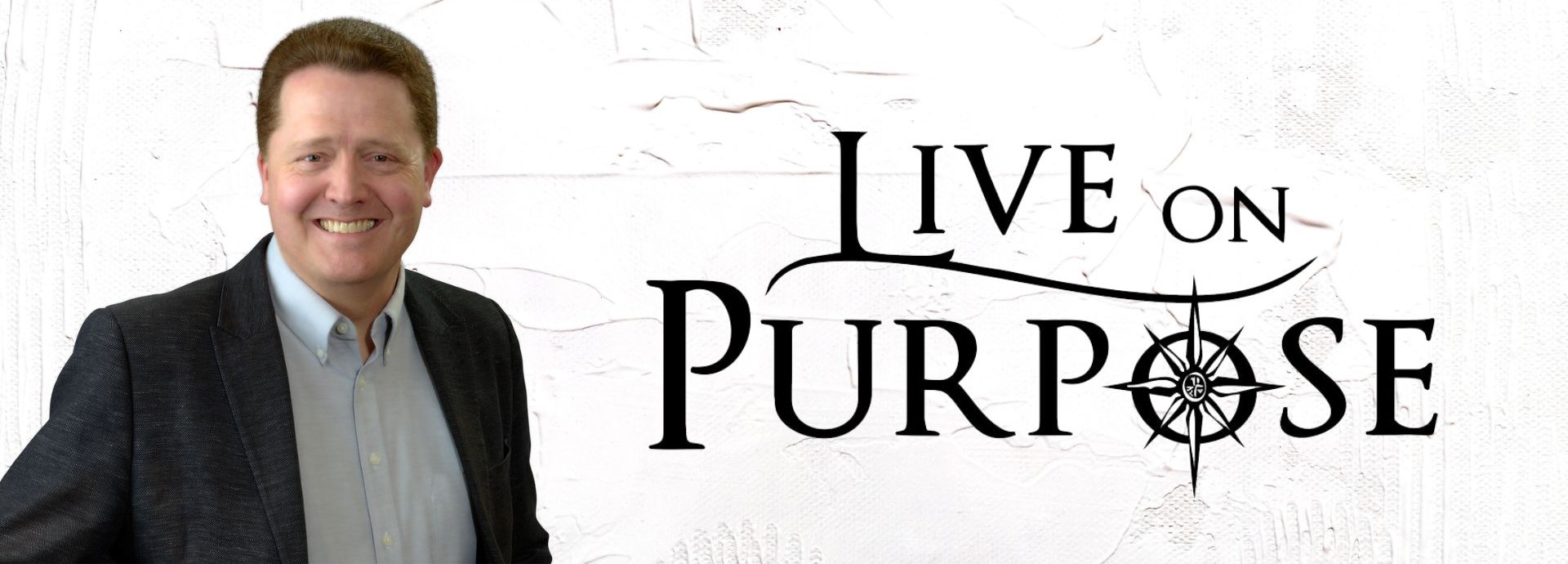Canceled!
If you are on social media or watch the news you will see that people are increasingly quick to “cancel” someone they don’t agree with.
Canceling someone is publicly denouncing them and seeking to ruin their reputation or career. This practice is so common that it is now considered a form of online activism.
This article is not about determining when and if it is ok to cancel someone or talk about specific instances. We can benefit from standing back a bit and considering if there are other ways we can go about standing up for what we believe and making a difference without canceling people.
The dangers of canceling people are not to be taken lightly. Canceling someone can have serious consequences for BOTH the person who is canceled and the ones who are canceling. There may be a benefit to not canceling the person and employing some other ideas.
When a person is canceled and the underlying issue of why they are being canceled is addressed, it can appear as revenge.
Canceling someone can also lead to a cycle of cancel culture, where people are constantly on the defensive and people are judged on the basis of their perceived “wrongdoing” rather than on the actual facts of the situation. People may be hesitant to ask a question because of the response they may engender.
Furthermore, canceling someone can also create a sense of mistrust and division in a community. When someone is canceled, it often leads to a feeling of “us vs. them”. This can lead to an atmosphere of hostility and division, which is not conducive to open and productive dialogue. People dig in their heels and will not listen to other’s thoughts.
Finally, canceling someone can also lead to a lack of accountability. When someone is canceled, it can make it difficult for them to learn from their mistakes and make amends. This can lead to a situation where people are not held accountable for their actions, which can further damage the community.
Fortunately, there are other options available for dealing with what people say and do.
- Clarify if what was said is actually what was meant. It may be an unfortunate choice of words or not understanding what something means.
- Can we talk? Rather than canceling someone, it is often more effective to engage in meaningful dialogue and seek to understand each other’s perspectives. This can help to foster understanding and empathy, and can lead to more constructive conversations.
- Another option is to practice restorative justice. This involves holding people accountable for their actions, but also focusing on helping them to learn from their mistakes and repair any damage they may have caused. This can be a more effective and less damaging way of dealing with people’s wrongdoings and ultimately help your cause. You can create an ally instead of an enemy.
Think twice before you cancel. Seek to clarify, understand and educate.
DrPaul
